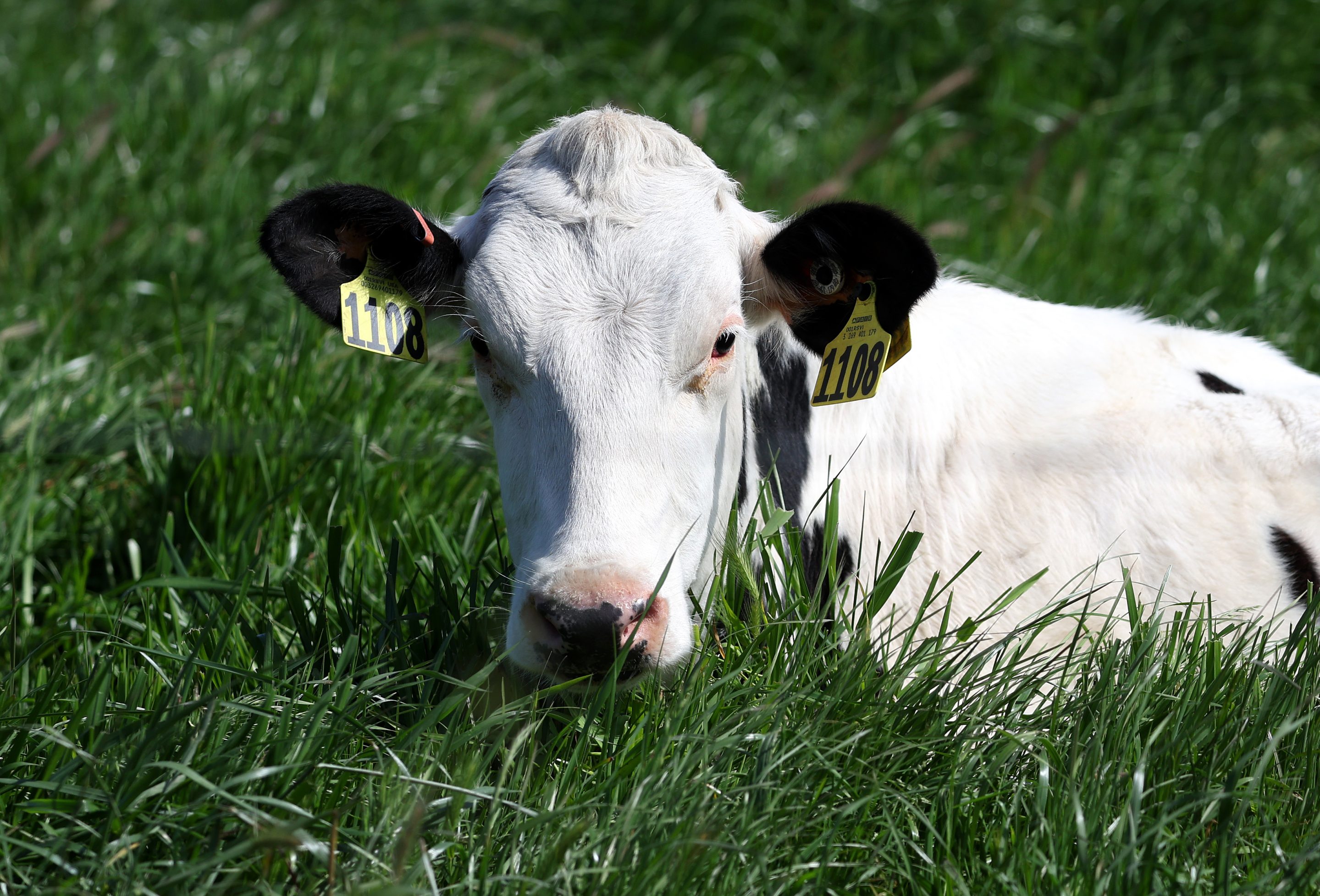
Pregnancy brings about many unexpected changes, including the surprising phenomenon of excessive saliva production, which can leave you feeling like your mouth is perpetually wet, and in some cases, even drooling, a situation that many expectant mothers can relate to. It’s not uncommon for women to experience this, and medical professionals have even given it a specific name, ptyalism, acknowledging that this unusual symptom is part of the journey for some pregnant women.
This sudden increase in saliva, known as ptyalism, is an experience that might not be universal among all pregnant individuals, but it does affect a notable number of women, as one doctor explains. While the nuances of pregnancy symptoms can vary, many women do find themselves facing this saliva surge at some point during their gestation.
When this extra spit begins varies for mothers. Experts note it can start rather early for sure. Dr. Campbell-Oparaji says four to six weeks sometimes. This is about when pregnancy first shows up there. So it can happen soon after you find out. For some, it is an early sign that appears. But not every pregnant person gets it early, no.

Interestingly, the first trimester is not exclusively about heightened saliva production, as this symptom can arise at various stages throughout pregnancy. According to another physician, ptyalism may occur later in the pregnancy, particularly as your body goes through changes related to the growth of your baby, potentially manifesting at any time during this nine-month journey.
What makes all this extra spit happen then? Experts think a few things might be causing this. Different possible reasons for the mouth being extra wet. Knowing why can help make sense of ptyalism.
One of the primary drivers behind this increase in saliva is the significant hormonal shifts that occur during pregnancy. As you might know, pregnancy hormones have a powerful influence, triggering changes throughout your body, including your saliva production, which tends to fluctuate greatly during the first trimester as your body adapts to its new state.

Acid reflux is common too; it makes spit worse. This is when stomach acid goes back up. Into the tube connecting mouth to stomach. Reflux is very common in pregnant mothers. A growing belly puts pressure onto the stomach there. Acid reflux makes the body create extra spit. The body is trying to soothe irritation caused by acid.
Morning sickness also plays a part in this. That famous early pregnancy feeling is it. Nausea can make your body make extra spit, maybe. If you get both symptoms, they relate, right? Severe morning sickness, hyperemesis, is another cause. More intense nausea can mean more spit, says the doctor.
Surprisingly, dehydration can also contribute to the feeling of having excess saliva, creating a bit of a paradox where less fluid intake can lead to thicker saliva. It’s not about the volume but rather the viscosity; when you’re dehydrated, the saliva you do produce can feel more substantial and harder to manage, making it seem like there’s more of it, as one doctor clarifies that it’s a quality issue rather than a quantity one.
Many women experiencing excessive saliva wonder when this phase will come to an end, and the truth is that there isn’t a one-size-fits-all answer, as it largely depends on the underlying causes specific to each individual. However, experts have observed certain trends regarding when this symptom typically resolves, giving women some hope as they navigate through their pregnancy.

If the increase in saliva is linked to hormonal changes or morning sickness, it often begins to subside around the 14-week mark, as some doctors note that this is when symptoms of morning sickness usually dissipate. Yet, it’s important to remember that this timeline does not apply to everyone; some women may unfortunately continue to experience this symptom well into their third trimester, and in rare cases, it can persist until delivery.
Dealing with excessive saliva during pregnancy poses its own set of challenges, and many mothers find it difficult to find relief from this uncomfortable symptom. Experts honestly admit that a complete remedy may not be feasible, but suggest that one of the simplest strategies is to spit it out when needed, providing temporary relief until the sensation returns.
Besides spitting, other things might help. Some find certain tastes lessen the spit. The doctor suggests sour candy or maybe lemon wedges. Chewing usually makes spit, but sour is different. Try sour candies, gum, or sunflower seeds. These items could help you feel better. What works varies much from person to person.
Think dehydration causes your spit? Then getting more water could be helpful. Drinking enough water helps many things in pregnancy. Might make the spit problem feel not so bad. Dehydration makes spit quality change, remember. So hydrating more could improve symptoms if linked.

Lots of spit annoys you; it is true. But experts say there’s really good news about it. This symptom is not harmful for your baby. And it does not hurt you, Mother. The doctor stresses this important fact. It is just benign, meaning not dangerous. Maybe chalk it up to another annoying thing pregnancy brings.
This information is intended for general understanding, as pregnancy experiences can greatly vary from person to person. It’s essential to remember that while this symptom has been discussed here, it should never replace professional medical advice, and you should always consult with a healthcare provider about your individual concerns, as they are best equipped to offer personalized guidance.
Ptyalism, the symptom of excessive saliva during pregnancy, is a real and often overlooked experience that many women may not be aware of initially. It can begin early and persist for different durations depending on its causes, which may include hormonal fluctuations, reflux, or hydration levels. While there may not be a straightforward solution to this symptom, understanding and managing it can help ease the experience, and most importantly, it poses no harm to you or your baby.
Related posts:
Why You May Have Excessive Saliva During Pregnancy
Adderall Tongue: Causes, Prevention, Treatment
6 Signs Of Overfeeding A Baby, Causes And Steps To Prevent It





